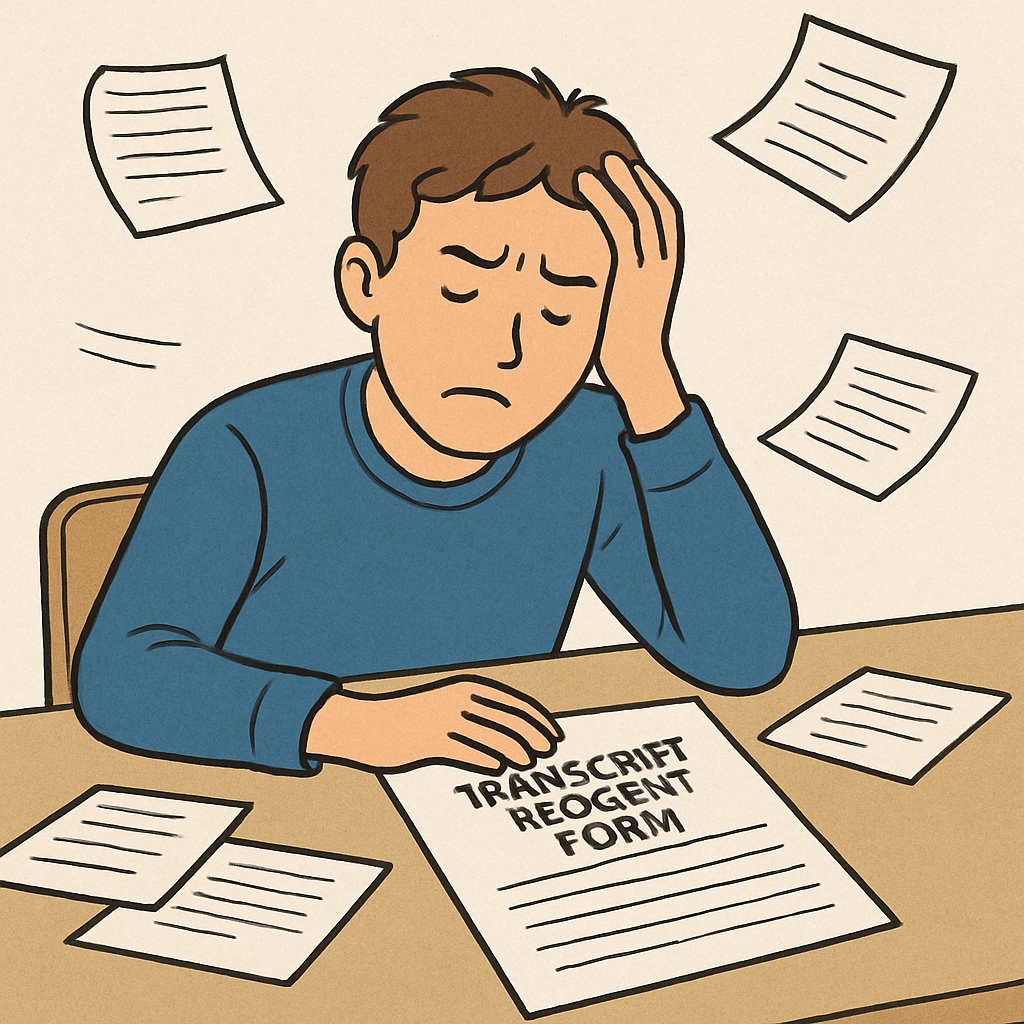Access to academic transcripts is critical for students transitioning to higher education and professional licensing exams. However, in K12 education, unpaid debts such as overdue lunch fees or other expenses can block access to these essential documents. This creates a challenging dilemma for students and institutions alike, as the balance between financial accountability and safeguarding education rights becomes increasingly difficult to achieve.
In this article, we will explore the implications of linking academic transcripts to outstanding payments, the potential long-term impact on students’ futures, and actionable approaches to ensure that financial hardships do not hinder educational opportunities for K12 learners.
Why Academic Transcripts Matter for K12 Students
Academic transcripts serve as official records of students’ achievements, detailing their grades, courses, and credits. These documents are often required for college admissions, scholarships, and even applying for professional licensing exams. Without them, students may face significant roadblocks in pursuing higher education or career opportunities.
For example, a student who excels academically but cannot pay off a small outstanding lunch fee may be restricted from obtaining their transcript. This situation disproportionately affects low-income families, exacerbating existing inequalities in education and career advancement.
According to Britannica’s discussion on educational equality, removing barriers to education access is a critical step toward ensuring all students have equal opportunities to succeed. Restricting access to transcripts due to unpaid debts directly contradicts this principle.

The Consequences of Debt-Based Transcript Holds
When schools withhold transcripts due to unpaid debts, it can cause a ripple effect on students’ futures. Here are some of the key consequences:
- Blocked College Applications: Many colleges require official transcripts for admission, meaning students with holds may miss application deadlines or fail to secure spots altogether.
- Limited Career Opportunities: Certain professional licensing exams also require transcripts, restricting students’ ability to enter fields like healthcare, law, or education.
- Increased Financial Stress: Families already facing economic hardship may struggle further to resolve debts, leading to a cycle of financial stress.
As a result, the connection between unpaid debts and transcript access not only impacts individuals but also undermines broader societal goals of equity and inclusivity in education.
Proposed Solutions: Balancing School Finances and Student Rights
Addressing this issue requires a multi-faceted approach that considers both the financial needs of schools and the rights of students. Below are several potential solutions:
- Implement Sliding Scale Payments: Schools can assess families’ financial situations and adjust payment requirements accordingly, ensuring that lower-income households face less restrictive barriers.
- Offer Alternative Payment Plans: Flexible, long-term repayment plans can help families resolve debts without immediate and punitive measures.
- Prohibit Transcript Holds: Some states have already passed laws banning the practice of withholding transcripts due to unpaid debts. Expanding such legislation can protect students’ rights on a larger scale.
- Seek External Funding: Schools can partner with community organizations or apply for grants to offset unpaid debts, reducing the financial burden on families.
For further insights into legislative efforts on this topic, visit Wikipedia’s overview of education policy.

Conclusion: Ensuring Fair Access to Education
While schools have a legitimate need to collect funds for operations, the practice of withholding academic transcripts due to unpaid debts raises serious ethical and practical concerns. By exploring collaborative solutions and prioritizing legislation that protects student rights, we can ensure that no child’s education is compromised by financial hardship.
As stakeholders in education, it is crucial to advocate for policies that balance fiscal responsibility with the fundamental right to learn. Only by addressing these systemic issues can we create an equitable future for all students.


